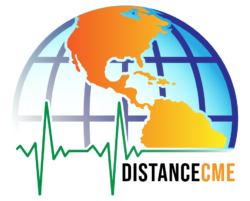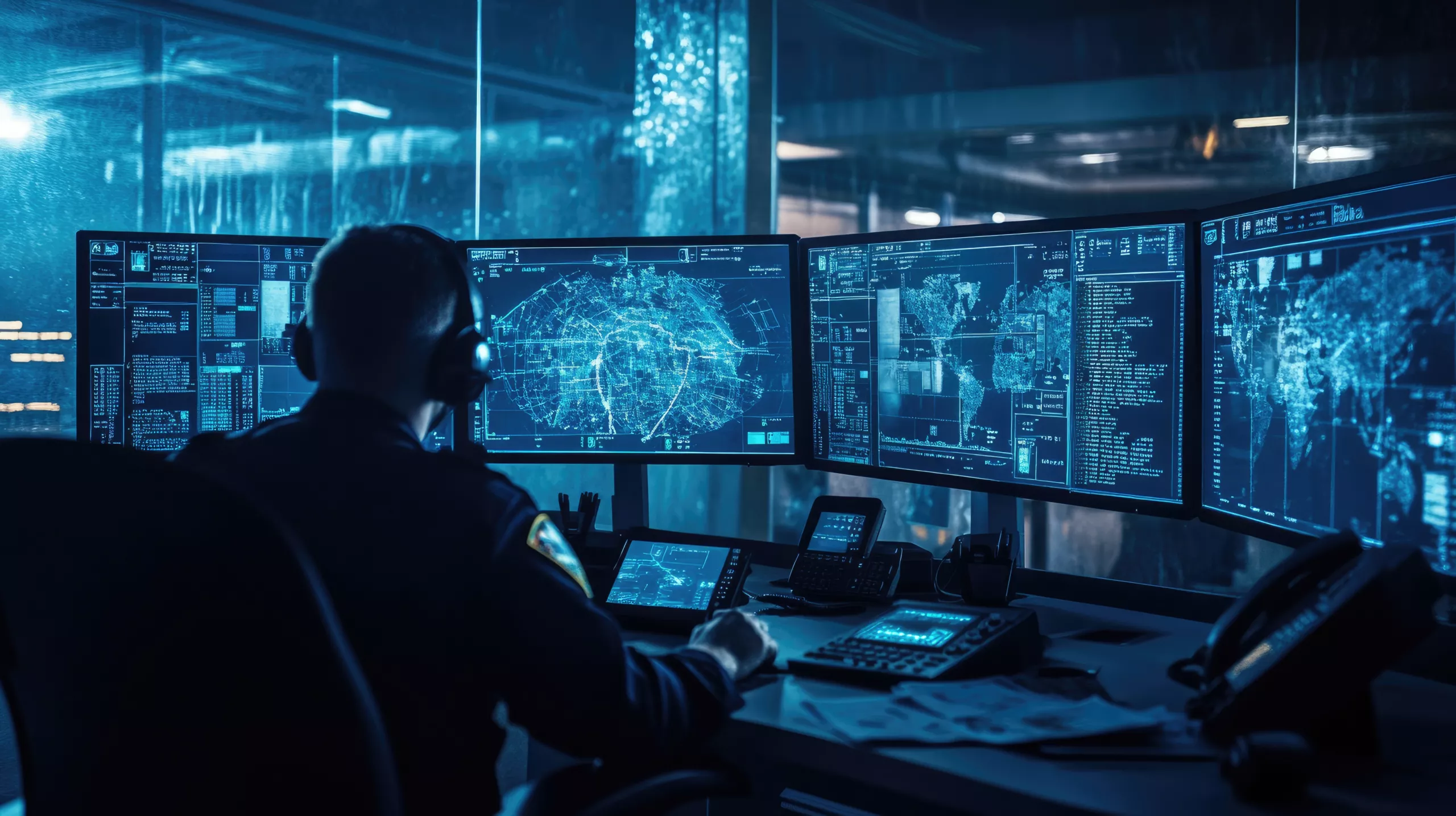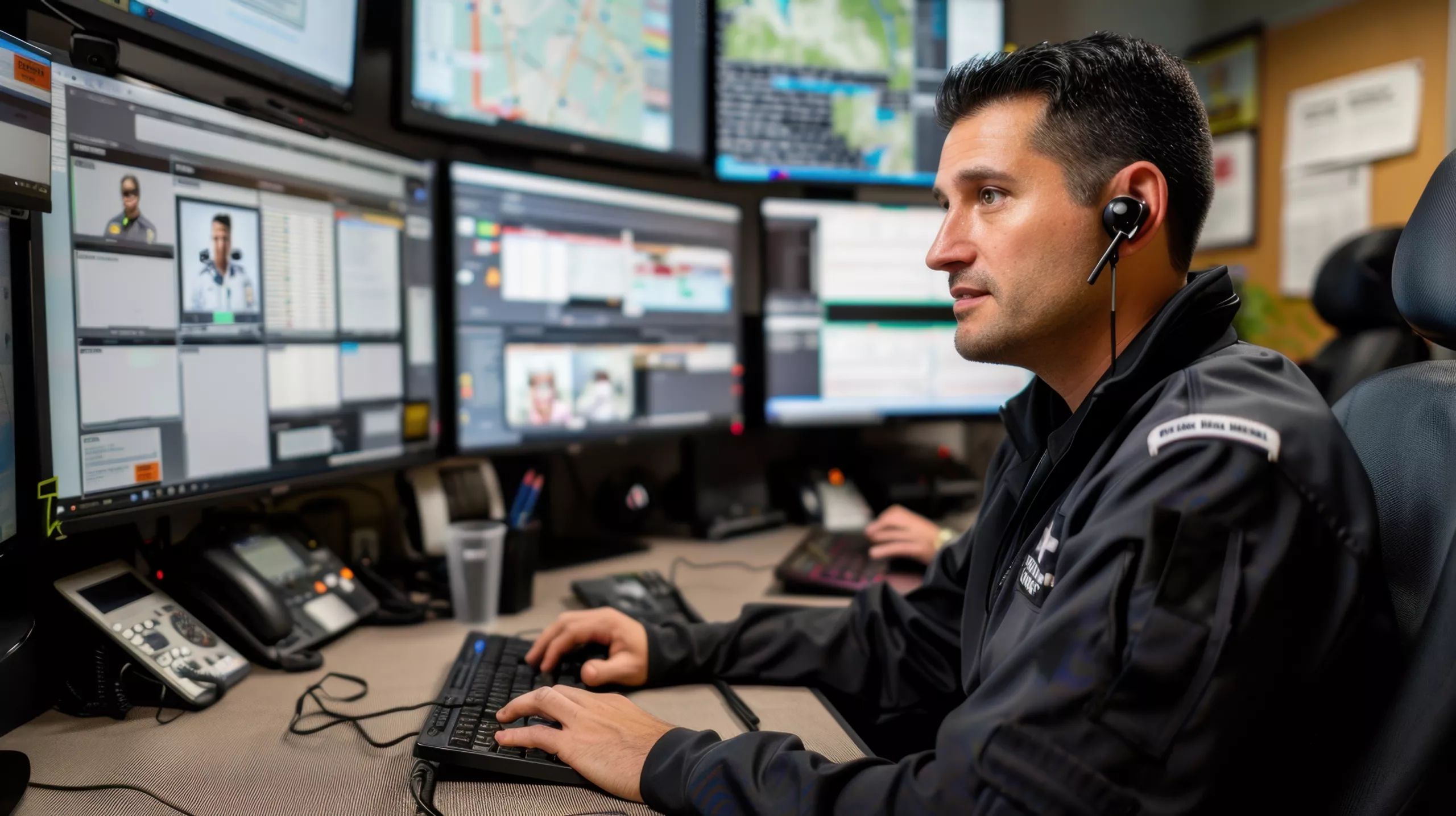If you have ever called 911, the dispatcher, operator, or call taker likely asked you for the phone number you were calling from as well as the address of your emergency. With today’s technology, it is very possible the 911 center already had that information pop up on their screen as soon as you called, so why do they continue to ask?
Often times your phone number will be visible to the 911 call center, but not always. If there is a network outage, you’re calling from a disconnected line, or some other IT issues, they might not be able to see your phone number. Does it matter, do they really need your phone number? Yes, yes, they do. Sometimes phone calls get disconnected, or people hang up. If the call taker has your number, they will immediately try to call you back. This eliminates the need for you to call again, most likely speak to a different call taker, and explain everything for a second time. Providing your phone number is also important in case the ambulance crew, fire department, or law enforcement need more information. If they cannot locate you, need an apartment building number, need a gate code, or if there will be an extended wait time, as well as many other reasons, it is imperative that they can call you back.
Again, when you call 911 an address will usually pop up on the screen, but the location is not always accurate. If you are calling from a residence with a dedicated land line, the address that shows up will be for that residence. If you are calling from a business, the address could be VOIP (voice over internet protocol), meaning it can be register anywhere in the world, not just where that business is physically located. If you are calling from a cell phone, through a carrier like Verizon and AT&T, the address “should” be accurate within about a 3–9-meter radius depending on how close you are to cell towers. With other cell phone carriers, an address may or may not show up or it could be miles away from where you physically are. When you call 911, nearby cell towers generally route you to the appropriate 911 center, however technology isn’t perfect, and it’s possible your call could get routed to a 911 center in a different county or even a different state, so that call center would need to transfer you to the right call center. When calls are transferred the number and location information is usually not available. Frequently people call 911 for a person or incident that is at another location. So, when you call, your address might show up, but the emergency could be somewhere else.
If you have a phone with no cell service, like with a disconnected phone line, you can still call 911 any time, from anywhere. When this happens your phone number will not be available, and 911 call takers cannot call you back if you hang up or get disconnected. Also with disconnected line, if an address does show, it likely will not be accurate or within the normal 3-9 meters, like with the typical active phone line. So, if the call taker tells you not to hang up, it is very important that you follow that direction, or help might never make it to you.
Often times people do not know where they are, they call 911 and say, “just track my phone”, or something similar to that effect. There are certain instances where 911 call centers can contact Verizon and AT&T, give them your phone number, and attempt to locate your phone. However even if they can locate it, the address likely won’t be 100 percent accurate, and there will still be a search radius. It also isn’t possible to track every phone. Pre-paid phone, disconnected lines, and some “off brand” carriers so not have the ability to track your phone. And not all instances, or emergencies, will meet the requirements for a phone trace. You have to have a legitimate emergency for you or someone else, that could be a life-or-death situation. 911 centers can’t legally trace someone’s phone just because you need to know where someone else or want a welfare check. It also takes time to track a phone, it mostly depends on the cell phone carrier, but this process could take anywhere from several minutes, to hours to get an approximate location.
And finally, “text to 911”. A lot of services all over the country can receive text messages regarding emergencies, but depending on the call centers capabilities, they might not receive phone number or location information. Meaning that you need to also text them your phone number and the address of the emergency, or first responders will not be able to find you.
Technology is always changing, sometimes improving. It is impossible to know what information will be provided when you dial 911, as every phone line is different, and every 911 center has different capabilities. To make sure you get the right resources in an expeditious and effective manner, it is best to just answer the call takers questions, even if you assume they already have that information.


